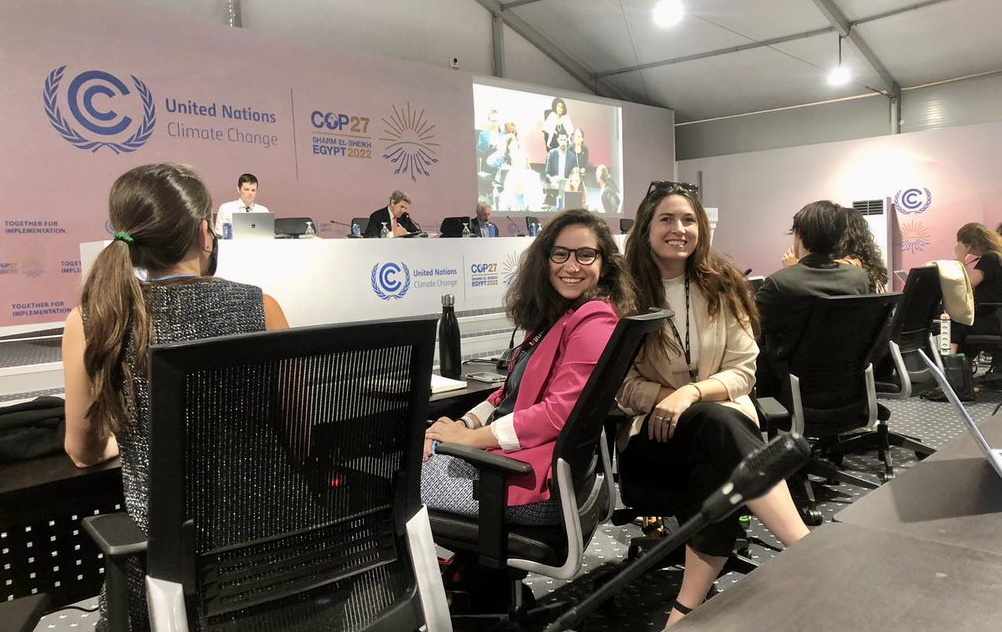Shanghai’s air felt comparable to a dizzying combination of dirt, ultra-fine particles, and chemicals prophesizing and fueling the prelude to cataclysm. The daunting overcast backdropped severe pollution and traffic congestion as if people could keep living this way regardless of the cleanliness of the oxygen they breathed. Masking was a diurnal must. Incessant coughing noises from the pedestrians were truly a test of my patience. Fantasizing about pretty skyline sceneries while sitting dully in my first class, I found myself helplessly yearning for something that I had taken for granted. These sceneries of gloominess agitated me. “I wonder how my grandfather managed to get groceries today,” I whispered to myself, “I hope he stayed at home.”
Read MoreEsther Kiobel is a human rights defender currently in ecological exile. She comes from Ogoni land, a kingdom with a rich reserve of fossil fuels, which has been laid desolate over time due to overexploitation from the oil company Shell Nigeria. Kiobel filed a class action lawsuit against Shell in 2012 due to human rights abuses, but at the heart of the case was the environmental degradation of the Ogoni region of Niger Delta due to the exploitation of oil.
Read MoreProfessor Wangari Maathai, a 2004 Nobel Peace Prize Laureate and founder of Green Belt Movement mentioned; “Today we are faced with a challenge that calls for a shift in our thinking, so that humanity stops threatening its life-support system. We are called to assist earth to heal her wounds and, in the process, heal our own.” As the first African woman to receive the coveted Nobel Peace prize award, she showed what is possible especially for women and youth from across Africa to raise their voice and take more agency in addressing issues relating to climate change, poverty and hunger.
Read MoreOn November 30, 2022, The Fletcher School at Tufts University hosted a Post COP27 Debrief session with Dean Rachel Kyte, Academic Dean Kelly Sims Gallagher, and student delegates to document successes and failures at COP 27 in Sharm El-Sheikh, Egypt, at the end of the two-week conference in November 2022.
Read MoreCOP27 was a whirlwind of negotiations, panels, side events, and conversations. Being able to actually sit in on some of the negotiations cemented the significance that each and every word has in the final text. The negotiations were extended and then concluded after I had returned to the U.S., and left some feeling of defeat. The failure to include a complete phaseout of fossil fuels and their subsidies signaled to some that the goal of limiting warming to 1.5 degrees is slipping out of reach.
Read More




